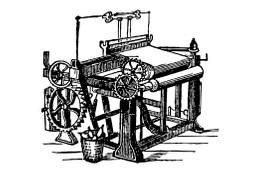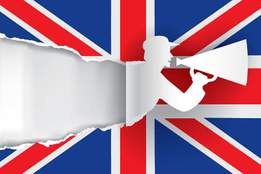1
a
: the words, their pronunciation, and the methods of combining them used and understood by a community
studied the French language
b(1)
: audible, articulate, meaningful sound as produced by the action of the vocal organs
(2)
: a systematic means of communicating ideas or feelings by the use of conventionalized signs, sounds, gestures, or marks having understood meanings
the language of mathematics
(3)
: the suggestion by objects, actions, or conditions of associated ideas or feelings
language in their very gesture— William Shakespeare
William Shakespeare
 William Shakespeare
William Shakespeare
(4)
: the means by which animals communicate
the language of birds
(5)
: a formal system of signs and symbols (such as FORTRAN or a calculus in logic) including rules for the formation and transformation of admissible expressions
(6)
2
a
: form or manner of verbal expression
b
: the vocabulary and phraseology belonging to an art or a department of knowledge
the language of diplomacy
medical language
c
: profanity
shouldn't of blamed the fellers if they'd cut loose with some language— Ring Lardner
Ring Lardner
 Ring Lardner
Ring Lardner3
: the study of language especially as a school subject
earned a grade of B in language
4
: specific words especially in a law or regulation
The police were diligent in enforcing the language of the law.
Love words? Need even more definitions?
Merriam-Webster unabridged

















Share